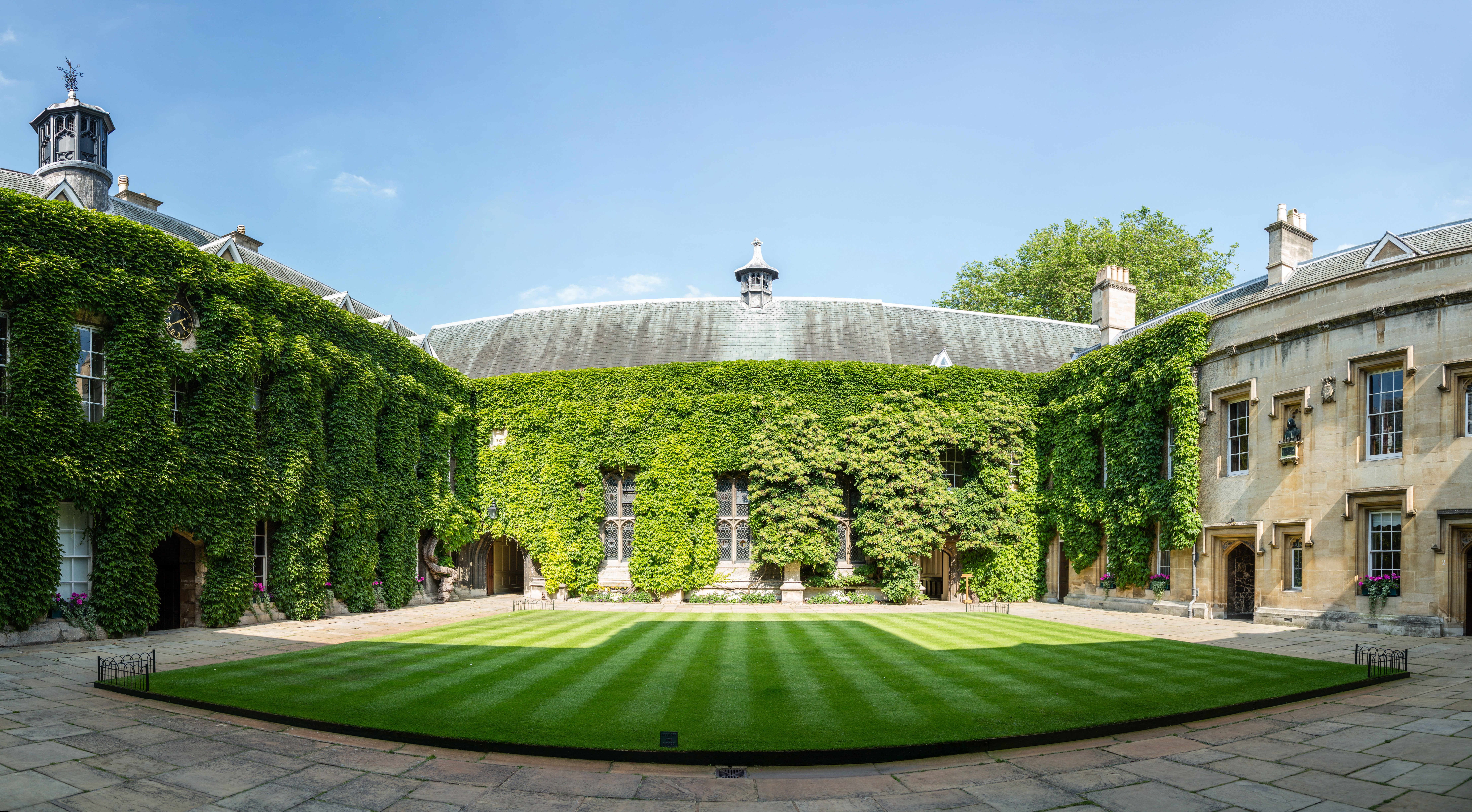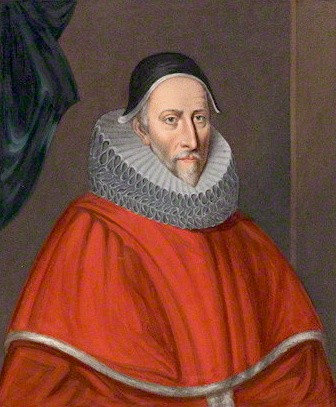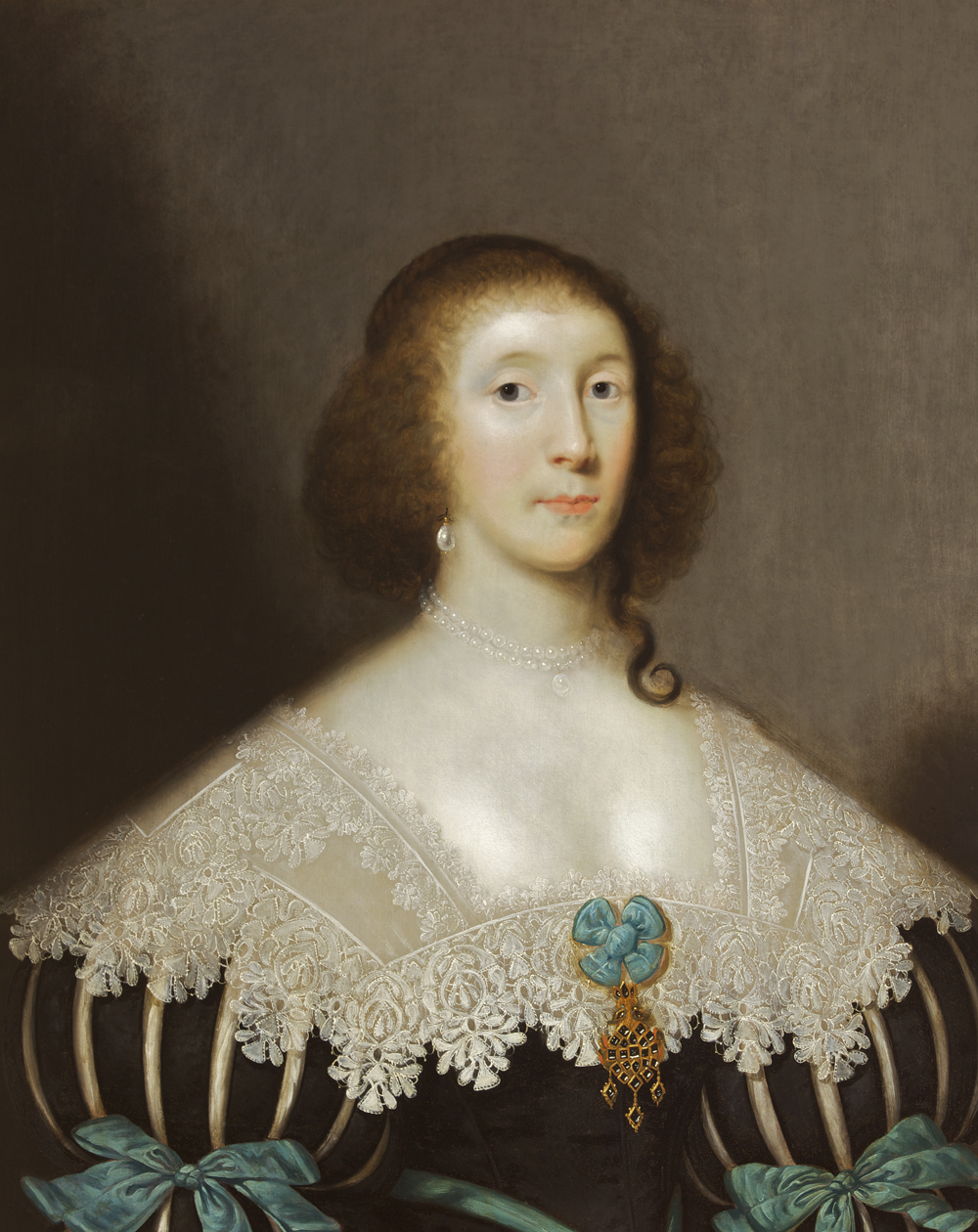|
William Ive (Leicester MP)
William Ive (159731 August 1641) was an English politician who sat in the House of Commons in 1624. Ive was of Leicestershire and matriculated at Lincoln College, Oxford on 26 April 1616, aged 18. He was made Mayor of Leicester for 1615–16, 1625–6 and 1634–5. In 1624, he was elected Member of Parliament for Leicester in the Happy Parliament The 4th Parliament of King James I was the fourth and last Parliament of England of the reign of James I of England, summoned on 30 December 1623, sitting from 19 February 1624 to 29 May 1624, and thereafter kept out of session with repeated pror .... References 1597 births 1641 deaths Alumni of Lincoln College, Oxford English MPs 1624–1625 17th-century deaths Mayors of places in Leicestershire {{UK-politician-stub ... [...More Info...] [...Related Items...] OR: [Wikipedia] [Google] [Baidu] |
House Of Commons Of England
The House of Commons of England was the lower house of the Parliament of England (which incorporated Wales) from its development in the 14th century to the union of England and Scotland in 1707, when it was replaced by the House of Commons of Great Britain after the 1707 Act of Union was passed in both the English and Scottish parliaments at the time. In 1801, with the union of Great Britain and Republic of Ireland, Ireland, that house was in turn replaced by the House of Commons of the United Kingdom. Origins The Parliament of England developed from the Magnum Concilium that advised the English monarch in medieval times. This royal council, meeting for short periods, included ecclesiastics, noblemen, and representatives of the county, counties (known as "knights of the shire"). The chief duty of the council was to approve taxes proposed by the Crown. In many cases, however, the council demanded the redress of the people's grievances before proceeding to vote on taxation. Thus ... [...More Info...] [...Related Items...] OR: [Wikipedia] [Google] [Baidu] |
Lincoln College, Oxford
Lincoln College (formally, The College of the Blessed Mary and All Saints, Lincoln) is one of the constituent colleges of the University of Oxford, situated on Turl Street in central Oxford. Lincoln was founded in 1427 by Richard Fleming, the then Bishop of Lincoln. Notable alumni include the physician John Radcliffe, the founder of Methodism John Wesley, antibiotics scientists Howard Florey, Edward Abraham, and Norman Heatley, writers Theodor Seuss Geisel (Dr. Seuss) and David John Moore Cornwell (John le Carré), the journalist Rachel Maddow, and the current British Prime Minister Rishi Sunak. Mensa was founded at Lincoln College in 1946. Lincoln College has one of the oldest working medieval kitchens in the UK. History Founding Richard Fleming, the then Bishop of Lincoln, founded the College in order to combat the Lollard teachings of John Wyclif. He intended it to be "a little college of true students of theology who would defend the mysteries of Scripture against t ... [...More Info...] [...Related Items...] OR: [Wikipedia] [Google] [Baidu] |
Lord Mayor Of Leicester
The position of Lord Mayor of Leicester is a mainly ceremonial post, being the title of the chairman of the Leicester City Council. The Mayor is elected annually by the members of the council. The role of Lord Mayor is in many ways similar to that carried out by the Speaker of the House of Commons. From the Middle Ages until 1928 the title was simply Mayor of Leicester. Until the 19th century, the mayors were usually elected annually by the Corporation of Leicester. Since the development of forms of local democracy, the mayors and Lord Mayors of the city have been elected indirectly from among elected councillors and aldermen, but since 1971 no unelected aldermen have been entitled to vote. History The first mayor of Leicester was the Norman knight "Peter fitz Roger" (Peter son of Roger) in 1251. The title was elevated to "Lord Mayor" by letters patent dated 10 July 1928. This was confirmed for the reorganised non-metropolitan district by letters patent dated 1 April 1974. ... [...More Info...] [...Related Items...] OR: [Wikipedia] [Google] [Baidu] |
Member Of Parliament
A member of parliament (MP) is the representative in parliament of the people who live in their electoral district. In many countries with bicameral parliaments, this term refers only to members of the lower house since upper house members often have a different title. The terms congressman/congresswoman or deputy are equivalent terms used in other jurisdictions. The term parliamentarian is also sometimes used for members of parliament, but this may also be used to refer to unelected government officials with specific roles in a parliament and other expert advisers on parliamentary procedure such as the Senate Parliamentarian in the United States. The term is also used to the characteristic of performing the duties of a member of a legislature, for example: "The two party leaders often disagreed on issues, but both were excellent parliamentarians and cooperated to get many good things done." Members of parliament typically form parliamentary groups, sometimes called caucuse ... [...More Info...] [...Related Items...] OR: [Wikipedia] [Google] [Baidu] |
Leicester (UK Parliament Constituency)
Leicester was a parliamentary borough in Leicestershire, which elected two members of parliament (MPs) to the House of Commons from 1295 until 1918, when it was split into three single-member divisions. History Leicester sent burgesses to Parliament for the first time in 1295. Originally both Members were chosen by the whole 'commons' of the borough until at least 1407, when Thomas Denton and John Tonge were stated to have been chosen 'per totam communitatem tocius burgi'. At some unknown date before the middle of the 15th century, however, the 'commons', lost power within the borough and were restricted to the election of just one of the Members, the other being chosen by the mayor and 24 jurats (or aldermen). This situation was reversed by the middle of the sixteenth century. Although most Members were citizens, usually officials, of the borough there was considerable influence and involvement by the two leading families, the Hastings and the Greys during the 16th and 17th c ... [...More Info...] [...Related Items...] OR: [Wikipedia] [Google] [Baidu] |
Happy Parliament
The 4th Parliament of King James I was the fourth and last Parliament of England of the reign of James I of England, summoned on 30 December 1623, sitting from 19 February 1624 to 29 May 1624, and thereafter kept out of session with repeated prorogations, it was dissolved on the death of the King on 27 March 1625.; ; The Speaker of the House of Commons was Sir Thomas Crewe, the member for Aylesbury. History The parliament was referred to as "''Fælix Parliamentum''" or the "Happy Parliament" by Sir Edward Coke. The three previous parliaments of James I had been a source of conflict and the King's opening address to the Commons commented on the "desire of all parties to forget past disagreements." However the parliamentary session was clouded by mutual suspicion and nearly every speech made tacit or explicit comments with reference to previous sessions. Charles, Prince of Wales and the Duke of Buckingham used the Parliament to aid their push for a war against Spain. Buckingham ... [...More Info...] [...Related Items...] OR: [Wikipedia] [Google] [Baidu] |
Richard Moryson
Sir Richard Moryson (died 1625) was an English soldier and politician who sat in the House of Commons from 1621 to 1622. Moryson was the son of Thomas Moryson and his wife Elizabeth Moigne, daughter of Thomas Moigne of North Willingham, Lincolnshire. His father was a Lincolnshire gentleman who had been member of parliament for Grimsby. Moryson became a soldier and served in the Netherlands. He was knighted on 5 August 1599 in Ireland by the Earl of Essex. Subsequently, he became Vice-President of Munster, and sat in the Irish House of Commons in the Irish Parliament of 1613–15 as member for Bandonbridge. After a "long and honourable stay" in Ireland, he returned to England in 1615 and settled at Tooley Park, Leicestershire. He was appointed Lieutenant General of the Ordnance and in 1621, he was elected Member of Parliament for Leicester. Moryson wrote his will in 1624, adding a codicil on 29 August 1625, and was dead by the following 3 October. Moryson married Elizabe ... [...More Info...] [...Related Items...] OR: [Wikipedia] [Google] [Baidu] |
William Herrick (MP)
Sir William Herrick or Hericke (1562 – 2 March 1653) was an English jeweller, courtier, diplomat and politician who sat in the House of Commons at various times between 1601 and 1622. Life Herrick was the son of John Heyrick of Leicester and was baptised on 9 December 1562. His father was an ironmonger at Leicester. He was sent to London in about 1574 to be apprenticed to his elder brother Nicholas Herrick, a goldsmith in Cheapside. After six years he set up a business on his own in Wood Street on premises leased from the Goldsmith's Company. He also became a moneylender and in a few years he had made himself a fortune and was able to purchase Beau Manor Park from the Earl of Essex, and obtained a right to arms. He came to the notice of Queen Elizabeth, who sent him on a mission to the Ottoman Porte and on his return he was rewarded with a lucrative appointment in the Exchequer. He was made a freeman of Leicester in 1601 when he presented the corporation with a dozen silve ... [...More Info...] [...Related Items...] OR: [Wikipedia] [Google] [Baidu] |
Humphrey May
Sir Humphrey May (1573 – 9 June 1630) was an English courtier and politician who sat in the House of Commons between 1605 and 1629. Career May was the fourth son of Richard May, Merchant Taylor of London. He matriculated from St John's College, Oxford on 25 October 1588, graduated B.A. on 3 March 1592, and became student of the Middle Temple in 1592. In February 1604, he was groom of the King's privy chamber. May was elected Member of Parliament for Beeralston at a by-election in 1605. In 1613 he was sent to Calais to prevent the Earl of Essex and Henry Howard fighting a duel. In 1614 he was elected MP for Westminster. He was elected MP for Lancaster in 1621. In 1624, he was elected MP for Lancaster and also for Leicester and chose to sit for Leicester. In 1625 he was elected MP for Lancaster and Leicester again, but this time chose to sit for Lancaster. He was elected MP for Leicester again in 1626 and 1628 and sat until 1629 when King Charles decided to rule without par ... [...More Info...] [...Related Items...] OR: [Wikipedia] [Google] [Baidu] |
Thomas Jermyn (died 1659)
Thomas Jermyn (March 1604 – 11 November 1659) was an English courtier and politician who sat in the House of Commons for various seats between 1625 and 1644. He supported the Royalist cause in the English Civil War. Early life Jermyn was the son of Sir Thomas Jermyn of Rushbrooke, Suffolk and his wife Catherine Killigrew, daughter of Sir William Killigrew. He was born in Hanworth, the seat of the Killigrews, and raised at the Jermyn seat of Rushbrooke Hall. He was admitted at Emmanuel College, Cambridge on 13 June 1622, and was awarded BA in 1626 and MA in 1629. Through his father and grandparents, Jermyn had close connections to the Stuart royal court. In 1623, he was made a page in the service of Prince Charles, and attended on the Prince during his Spanish journey that year. Career In 1624, Jermyn was elected Member of Parliament for Bere Alston under the patronage of Lord Mountjoy. In 1625 he was elected MP for Leicester. He was subsequently elected MP for Lancaster in ... [...More Info...] [...Related Items...] OR: [Wikipedia] [Google] [Baidu] |
1597 Births
Events January–June * January 24 – Battle of Turnhout: Maurice of Nassau defeats a Spanish force under Jean de Rie of Varas, in the Netherlands. * February – Bali is discovered, by Dutch explorer Cornelis Houtman. * February 5 – In Nagasaki, Japan, 26 people are martyred by crucifixion. They practiced Catholicism, and were taken captive after all forms of Christianity were outlawed the previous year. * February 8 – Sir Anthony Shirley, England's "best-educated pirate", raids Jamaica. * February 24 – The last battle of the Cudgel War was fought on the Santavuori Hill in Ilmajoki, Ostrobothnia. * March 11 – Amiens is taken by Spanish forces. * After April 10 – The Serb uprising of 1596–97 ends in defeat for the rebels, at the field of Gacko (Gatačko Polje). * April 23 – Probable first performance of William Shakespeare's ''The Merry Wives of Windsor''. * April 27 – Johannes Kepler marries Barbara Muhleck. July–December * c. July – Thomas ... [...More Info...] [...Related Items...] OR: [Wikipedia] [Google] [Baidu] |
1641 Deaths
Events January–March * January 4 – The stratovolcano Mount Parker (Philippines), Mount Parker in the Philippines) has a major eruption. * January 18 – Pau Claris proclaims the Catalan Republic (1641), Catalan Republic. * February 16 – King Charles I of England gives his assent to the Triennial Act, reluctantly committing himself to parliamentary sessions of at least fifty days, every three years. * March 7 – King Charles I of England decrees that all Roman Catholic priests must leave England by April 7 or face being arrested and treated as traitors. * March 22 – The trial for high treason begins for Thomas Wentworth, 1st Earl of Strafford, director of England's Council of the North. * March 27 – **The Battle of Preßnitz, Battle of Pressnitz begins between the Holy Roman Empire and Sweden. **The Siege of São Filipe begins in the Azores as the Portuguese Navy fights to drive the Spanish out. After almost 11 months, the Portuguese ... [...More Info...] [...Related Items...] OR: [Wikipedia] [Google] [Baidu] |





_School_-_Sir_Humphrey_May_(1573–1630)_-_851929_-_National_Trust.jpg)

.jpg)